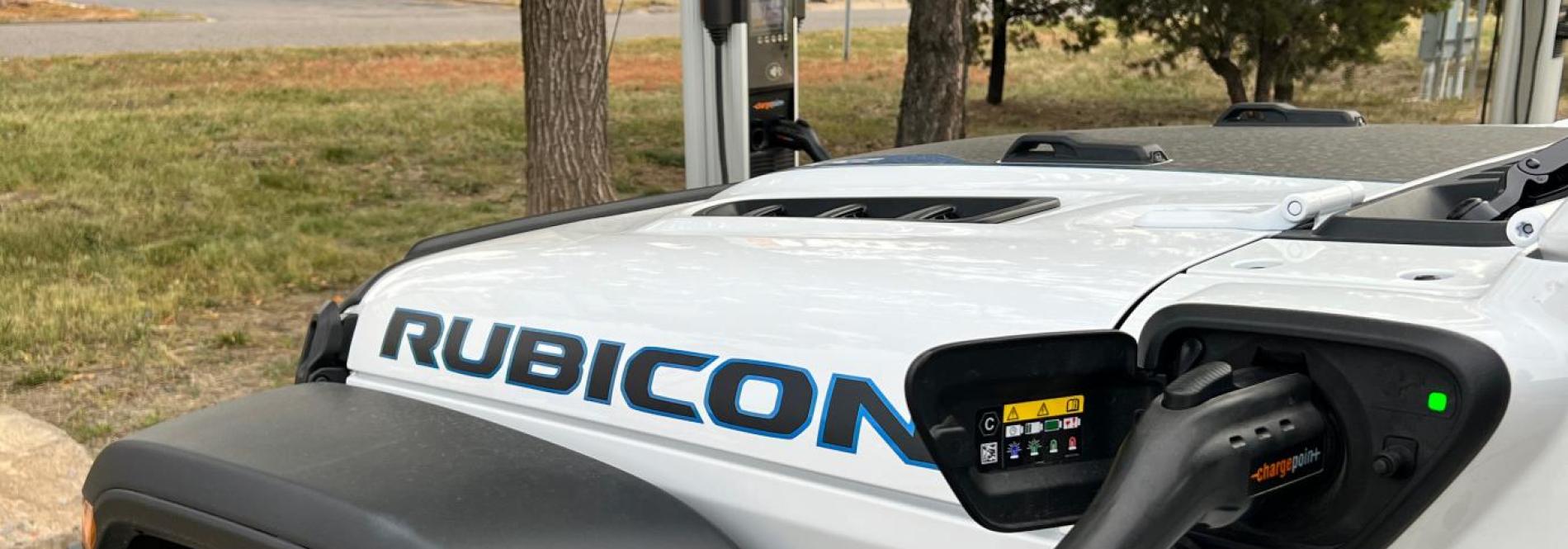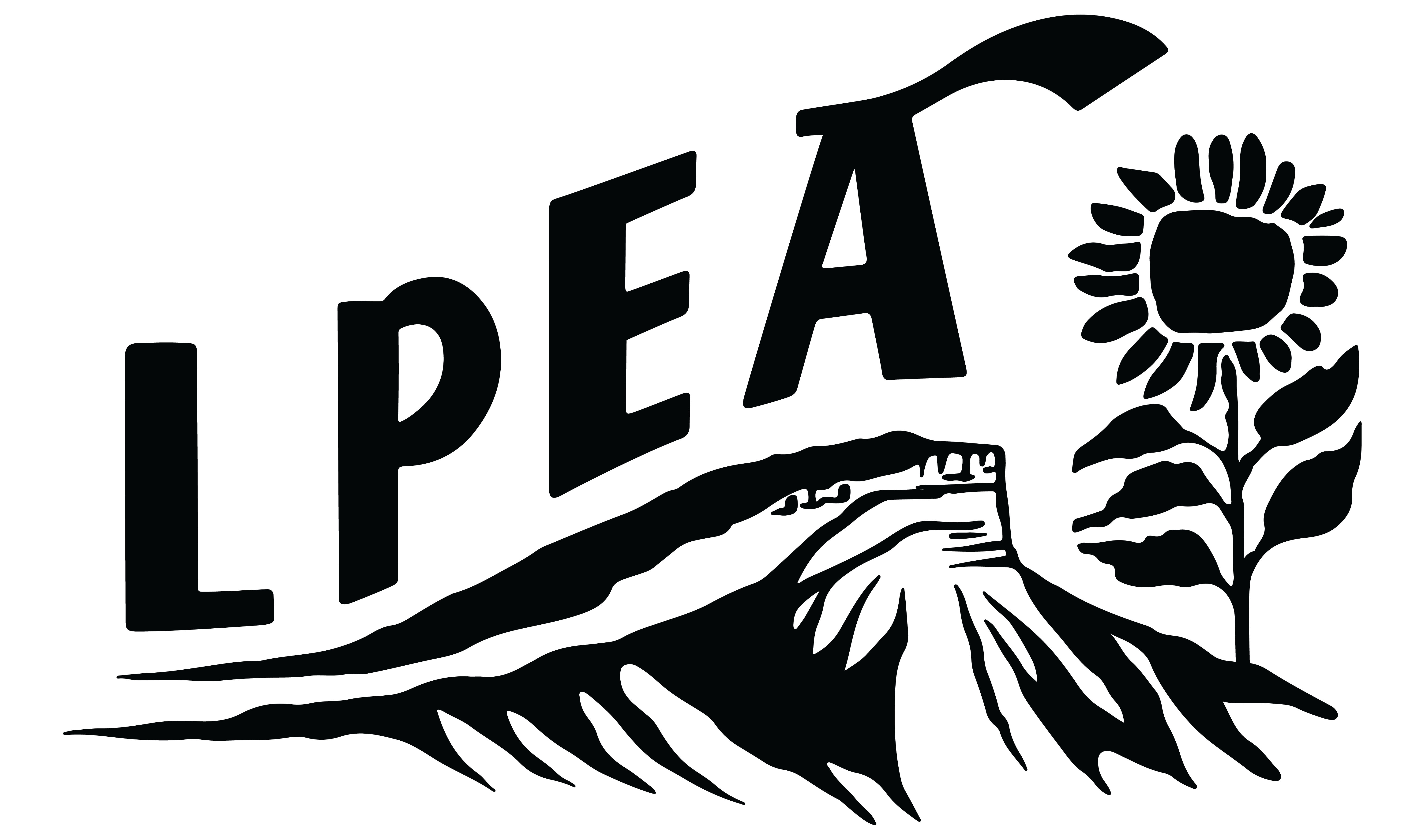
In 1978, the Public Utility Regulatory Policies Act (“PURPA”; 16 U.S.C. Ch. 46, Sections 2601, et seq.) was enacted into law to encourage energy conservation, efficiency in the use of electric utility facilities and resources, and equitable rates for electric consumers. PURPA identifies energy policy standards for electric utilities to consider and determine whether it is appropriate to implement such standard(s). These standards are set forth in PURPA Section 111(d) (as codified at 16 U.S.C. Ch. 46, Section 2621(d)).
This Notice concerns the two most recent Federal standards under PURPA Section 111(d) (the “Standards”). These Standards were added to PURPA as part of the Infrastructure Investment and Jobs Act, as signed into law on Nov. 15, 2021.
The Standards are set forth below, along with a brief description of La Plata Electric Association’s (“LPEA”) activities and efforts already in place with respect to the Standards. The language of each Standard listed below has been taken, in part, directly from PURPA Section 111(d); however, it is for informational purposes only and shall not, nor is it intended to, replace the full text of the law.
LPEA will consider the Standards and will determine if they are applicable to the cooperative and if it is appropriate to implement all or a portion of the Standards.
This Notice is the official notice to the cooperative membership and to the public of the opportunity to provide written comment on either, or both, of the Standards. All written comments must be received at the Cooperative by March 1, 2023. All timely written comments shall be considered at the hearing to be held by LPEA (as described below) on the Standards. The opportunity of the cooperative membership and the public to contribute and participate in the hearing (as described below) on the Standards shall be limited to the submission of written comments.
Should you wish to submit written comment on the Standards, please provide your submission: (a) via mail to LPEA, RE: 2023 PURPA Standards, P.O. Box 2750, Durango, CO 81303, or (b) via email to comments@lpea.coop (please mention 2023 PURPA Standards in the subject line).
LPEA will conduct a hearing on March 15, 2023, at its regularly scheduled Board of Directors meeting via video conference to consider the Standards. Information and evidence to be received at the hearing and considered by LPEA will include, in part, all written comments that are about the Standards and which are received at LPEA by the March 1, 2023 deadline. After the hearing and on or prior to Nov. 15, 2023, LPEA’s Board of Directors shall determine whether it is appropriate to implement the Standards, in whole or in part. The determination will thereafter be available to the cooperative membership and the public.
PURPA 111(d)(20) standard (16 U.S.C. Ch 46, Section 2621(d)):
(20) Demand-response practices.
(A) In general. Each electric utility shall promote the use of demand-response and demand flexibility practices by commercial, residential, and industrial consumers to reduce electricity consumption during periods of unusually high demand.
(B) Rate recovery.
(i) Each State regulatory authority shall consider establishing rate mechanisms allowing an electric utility with respect to which the State regulatory authority has ratemaking authority to timely recover the costs of promoting demand-response and demand flexibility practices in accordance with subparagraph (A).
(ii) A nonregulated electric utility may establish rate mechanisms for the timely recovery of the costs of promoting demand-response and demand flexibility practices in accordance with subparagraph (A).
PURPA 111(d)(21) standard (16 U.S.C. Ch 46, Section 2621(d)):
(21) Electric vehicle charging programs.
Each State shall consider measures to promote greater electrification of the transportation sector, including the establishment of rates that:
(A) promote affordable and equitable electric vehicle charging options for residential, commercial, and public electric vehicle charging infrastructure;
(B) improve the customer experience associated with electric vehicle charging, including by reducing charging times for light-, medium-, and heavy-duty vehicles;
(C) accelerate third-party investment in electric vehicle charging for light-, medium-, and heavy-duty vehicles; and
(D) appropriately recover the marginal costs of delivering electricity to electric vehicles and electric vehicle charging infrastructure.
(Note: the PURPA 111(d)(21) standard is directed to the State government; LPEA does not have the authority to direct the State to implement, not implement, or adopt a modified version of the 111(d)(21) standard. However, as may be appropriate, if applicable, and within the scope of the standard as written, LPEA will voluntarily consider and make a determination on this standard.)
Q: What are LPEA’s current standards for promoting “the use of demand-response and demand flexibility practices by commercial, residential, and industrial consumers to reduce electricity consumption during periods of unusually high demand?”
A: LPEA began its demand-response program in 1989. The program, referred to as “WattWatcher” offers a Time of Use rate that residential and commercial members can voluntarily transition to. These members commonly control water heaters, heating/cooling systems, and electric vehicles so they are not consuming power during peak energy usage times. Members reduce their energy use and overall demand on the power grid, and in return have a lower bill. There are approximately 5,000 LPEA members currently enrolled in the WattWatcher program. LPEA also deploys 60 kW of vehicle to grid battery capacity, performs substation voltage reduction, and performs direct control on grid-enabled water heaters during peak times.
Q: What are LPEA’s current standards for promoting “greater electrification of the transportation sector?”
A: LPEA is already promoting greater electrification locally. In 2020, LPEA started providing free Level 2 EV chargers to its member with proof of purchase of an EV. These chargers are pre-programmed to operate only during non-peak hours. LPEA also can directly control these chargers at the times it is necessary. By doing this, our membership avoided paying higher peak energy costs on a retail basis and this in turn saves LPEA money by reducing purchased power expenses. LPEA also added EV resources to its website. Members can educate themselves on the pros and cons of electric vehicles and utilize a savings calculator to calculate their potential savings based on their electric rate, as well as access other information and resources about electric vehicles. LPEA has also installed public Level two charging stations and facilitated the installation of Level 3 charging stations to improve access to EV charging for the public.
